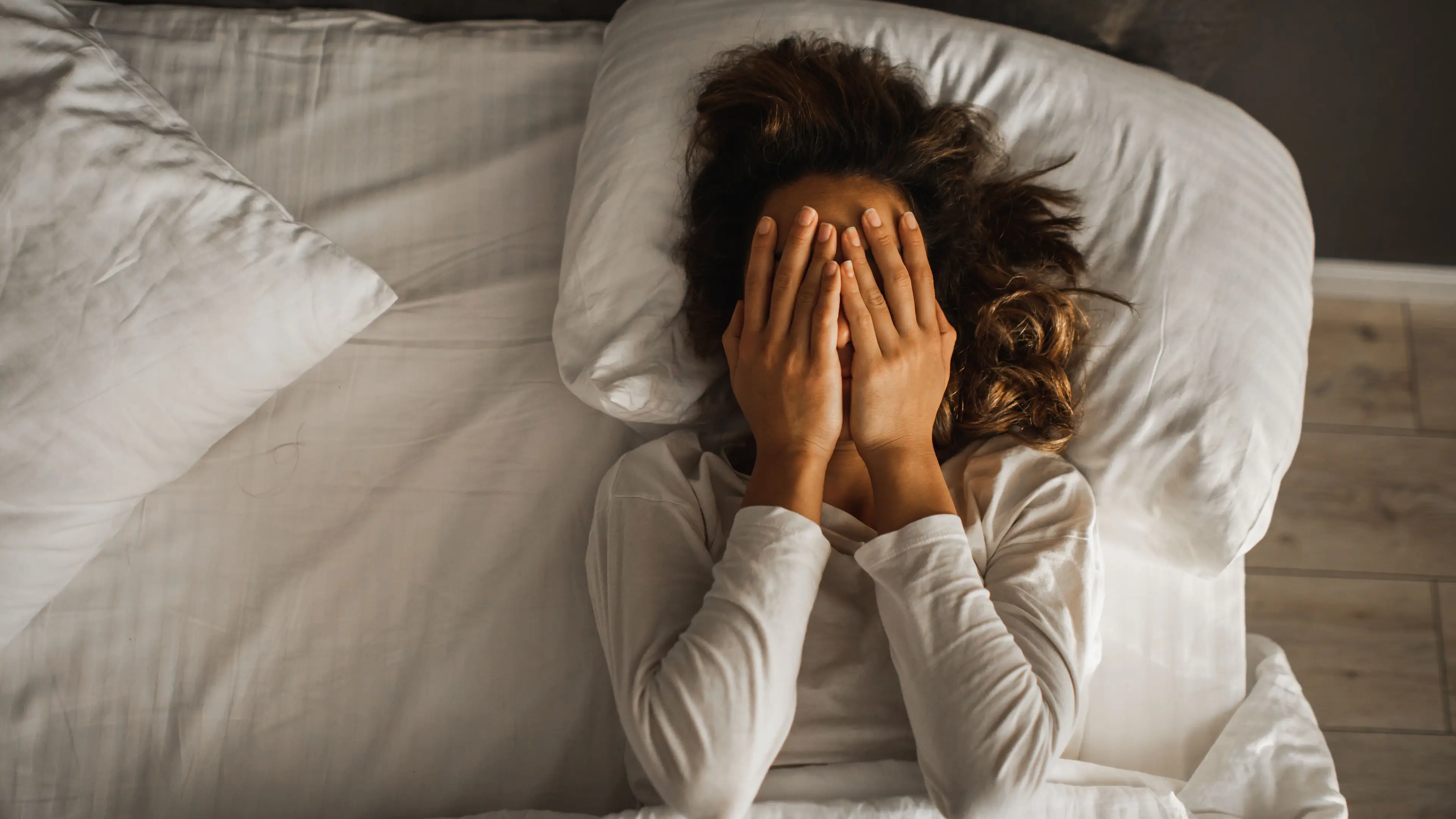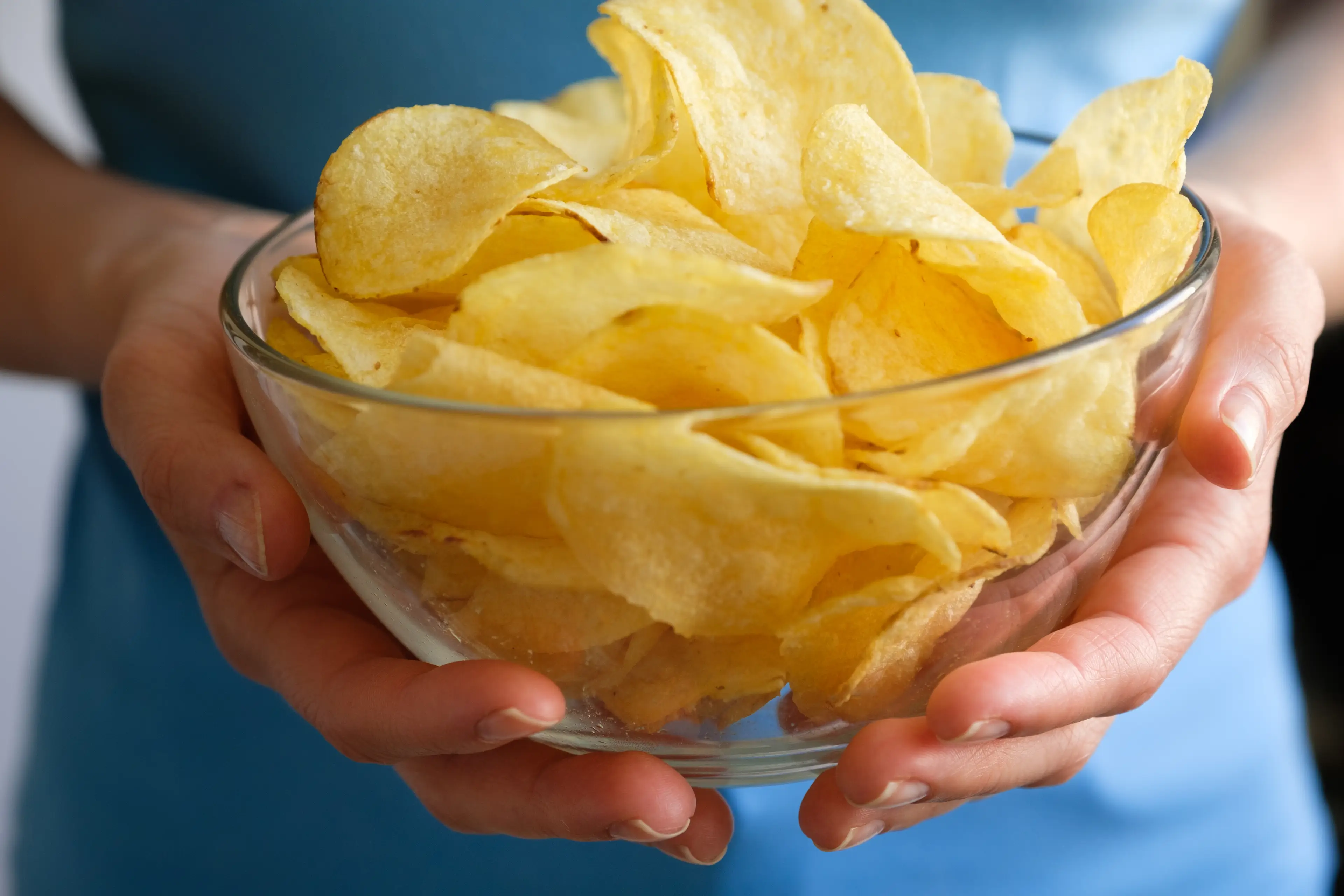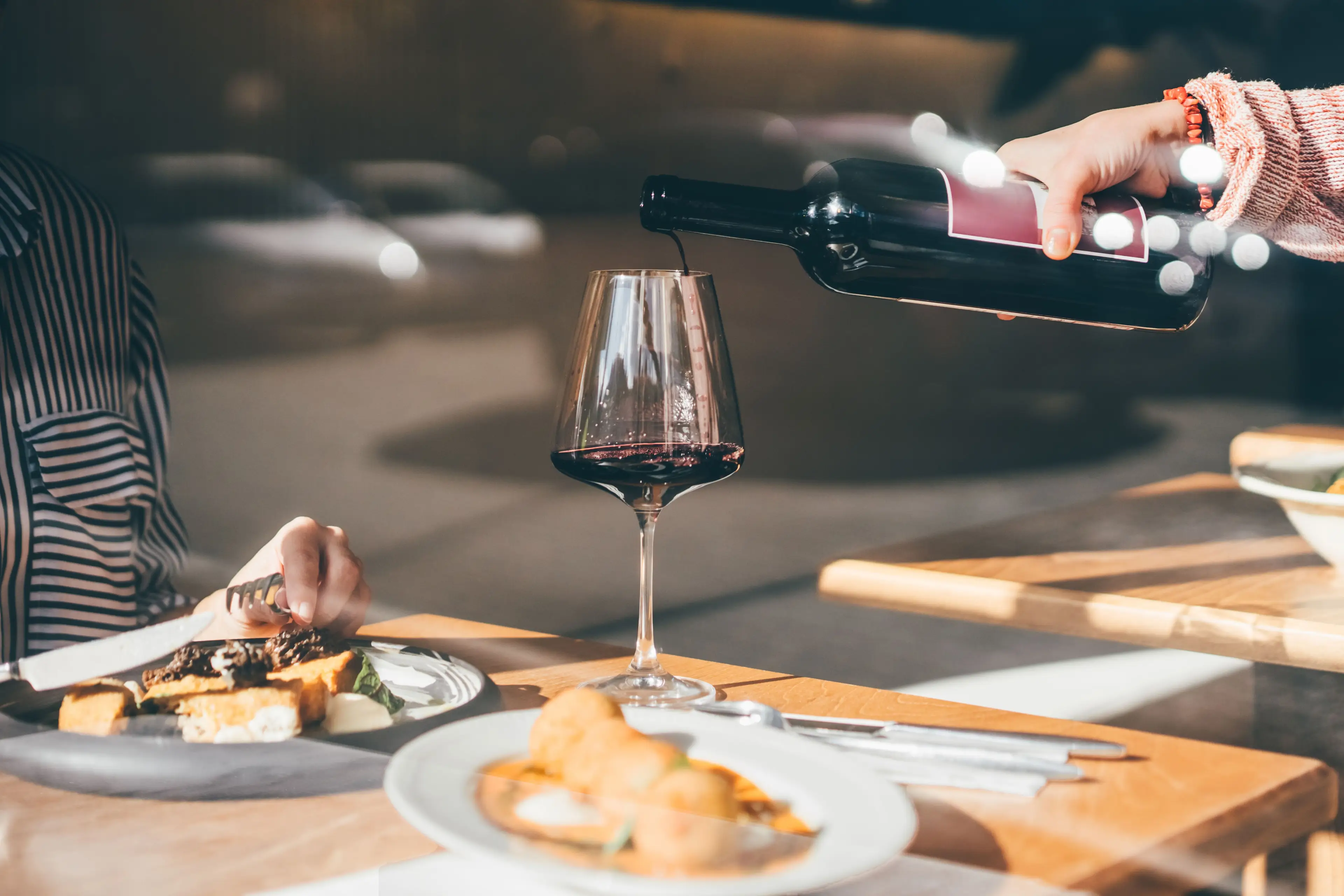
Tossing and turning at night due to what we've had to eat that day isn't uncommon, and there's many of us who will admit to struggling to sleep after one or two many coffees.
Whilst caffeine, alcohol and the usual culprits behind keeping us awake are ones we know we should avoid, a sleep expert has now revealed some of the more unusual foods people need to veer away from to aid better sleep and those that impact our health.
She's also revealed why some ingredients in our favourite dishes might be the reason behind struggling to switch off, as they can instead fight to keep us awake.
Salty foods
Katherine Hall, a sleep expert speaking on behalf of Comfybedss, explained: "If you can’t fall asleep or struggle to stay asleep, salt could be the root of the issue. Sodium-rich meals result in fluid retention and increased blood pressure, making it hard for the body to switch off completely after eating snacks like crisps or salted nuts.
"Smoked hams such as gammon and bacon are full of salt, so avoid these late at night if you’re after a good snooze."
Advert

And whilst it might be possible to fall asleep, the quality of your shut eye could be impacted if salty food features in your diet.
Hall added: "This then results in something called superficial sleep, where the sleep isn’t very deep and can often involve disturbances like going to the toilet more, as studies show this can be brought on more by too much salt in the diet.”
Acidic foods
Another dietary sleep thief is acidic foods, which can also stop us feeling rested.
Hall explained: "If we take a deep dive into certain acidic foods, those struggling to sleep will want to avoid some more than others. Tyramine is an amino acid that is normally a great addition to anyone’s diet as it stimulates natural brain activity.

"For those of us looking to get more sleep, however, it’s something to avoid completely if possible. Tyramine stimulates the production of norepinephrine, triggering the ‘fight-or-flight’ response and sending your body into a hyper-aroused state. Foods that are high in tyramine include tomatoes, aubergines, soy sauce, red wine and cheeses.”
Spicy food
Finally spicy food might be something we crave, especially if we're ordering a takeaway but our bodies end up paying for it later and Hall says for some people avoiding spice altogether could be the route to better sleep.
"Digesting the various spices and chillies you have in your curries or other hot dishes can severely disrupt our body’s ability to thermoregulate, which essentially means managing our temperature," explained Hall.
"Capsaicin is the chemical in spicy food that causes our temperature to skyrocket, so combine this with the energy your body needs to digest the remainder of the meal, and you can really struggle getting some solid sleep.”
